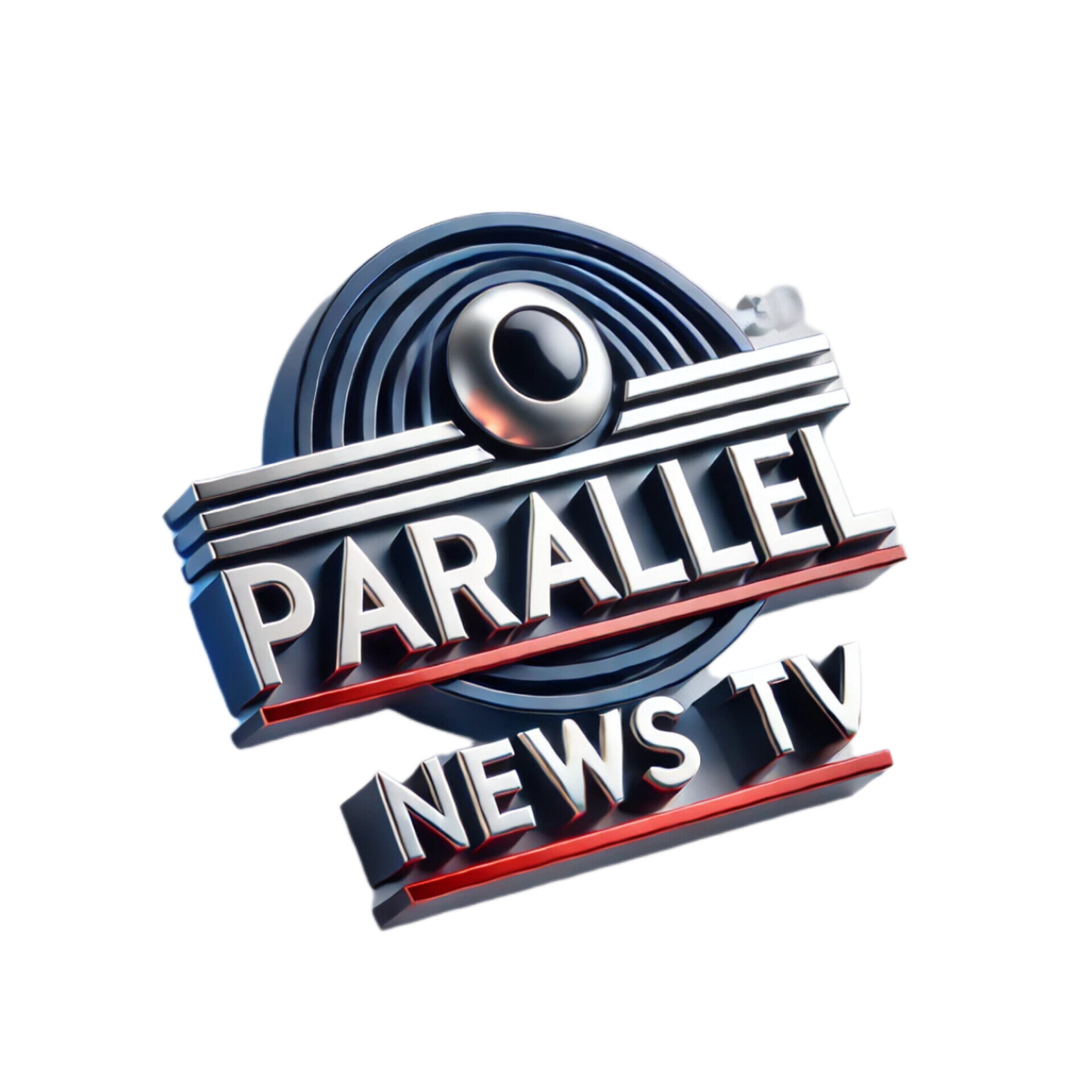Artificial intelligence (AI) is reshaping industries across the globe, including the creative sector, where machine learning algorithms are being used to generate art, music, writing, and other forms of content. However, as AI systems become increasingly capable of producing works that resemble human creativity, the question of intellectual property (IP) protection has become a pressing issue. Who owns the rights to content created by AI? How should copyright laws evolve to accommodate these technological advancements? And how can we ensure that creators are adequately compensated in a world where AI can replicate and manipulate their works?
The current legal frameworks surrounding intellectual property, particularly copyright, were not designed with AI in mind. Traditionally, copyright law grants the creator of an original work the exclusive right to reproduce, distribute, and profit from their creation. But in the case of AI-generated works, the line between human creativity and machine production becomes blurred. If an AI system is trained on millions of images, songs, or texts, then uses that data to generate new content, who is the rightful owner of that content—the programmer who created the AI, the user who provided the inputs, or the AI itself?
One of the central challenges in addressing AI and intellectual property is how to protect the rights of human creators whose work is often used to train AI systems. Many AI models, such as OpenAI’s GPT series or image-generating tools like DALL·E, rely on vast amounts of publicly available data, much of which includes copyrighted material. While these models do not directly copy existing works, they often generate content that is derivative or influenced by the training data. This raises questions about whether the use of copyrighted material in AI training constitutes fair use or infringement.
Read also: AI-Driven Misinformation: How Synthetic Media Threatens Public Trust
Unveiling environmental crimes, governance failures, and climate injustice in Nigeria
The tension between AI-generated content and traditional intellectual property rights is perhaps most evident in the visual arts. For instance, artists have expressed concerns that AI models trained on their work can produce images that mimic their unique style, potentially diluting their brand and devaluing their creative output. Some artists have called for legal protections that would require AI developers to obtain permission before using copyrighted material in training datasets. Others argue that such restrictions could stifle innovation and limit the potential of AI to advance creative expression.
In response to these concerns, there has been growing interest in developing new legal frameworks specifically tailored to the challenges posed by AI. One proposal is to extend copyright protection to AI-generated works, granting ownership rights to the developers or users of the AI system. However, this approach has its critics, who argue that AI lacks the originality and intent required for traditional copyright protection. Another proposal is to introduce a new category of intellectual property rights for AI-generated content, distinct from human-created works but still subject to some form of legal protection.
The creative commons—a licensing system that allows creators to share their work with the public under specific conditions—could play a key role in navigating the intersection of AI and intellectual property. By using creative commons licenses, artists, writers, and musicians can explicitly define how their work can be used, including by AI systems. This approach could provide clarity and transparency, allowing creators to maintain control over their work while still contributing to the development of AI technologies.
The legal complexities surrounding AI and intellectual property extend beyond copyright law. For example, patents are another area where AI is creating new challenges. Some AI systems are capable of generating inventions or innovations that would traditionally be eligible for patent protection. This raises the question of whether AI-generated inventions can be patented and, if so, who should be listed as the inventor. In 2020, a U.S. court ruled that an AI system cannot be recognized as an inventor under current patent law, but the debate is far from settled.
The implications of AI for intellectual property law are profound, and there is no one-size-fits-all solution. As AI continues to evolve, lawmakers, creators, and technology developers must work together to develop new legal frameworks that balance the need to protect human creativity with the potential for AI to advance artistic and technological innovation.

